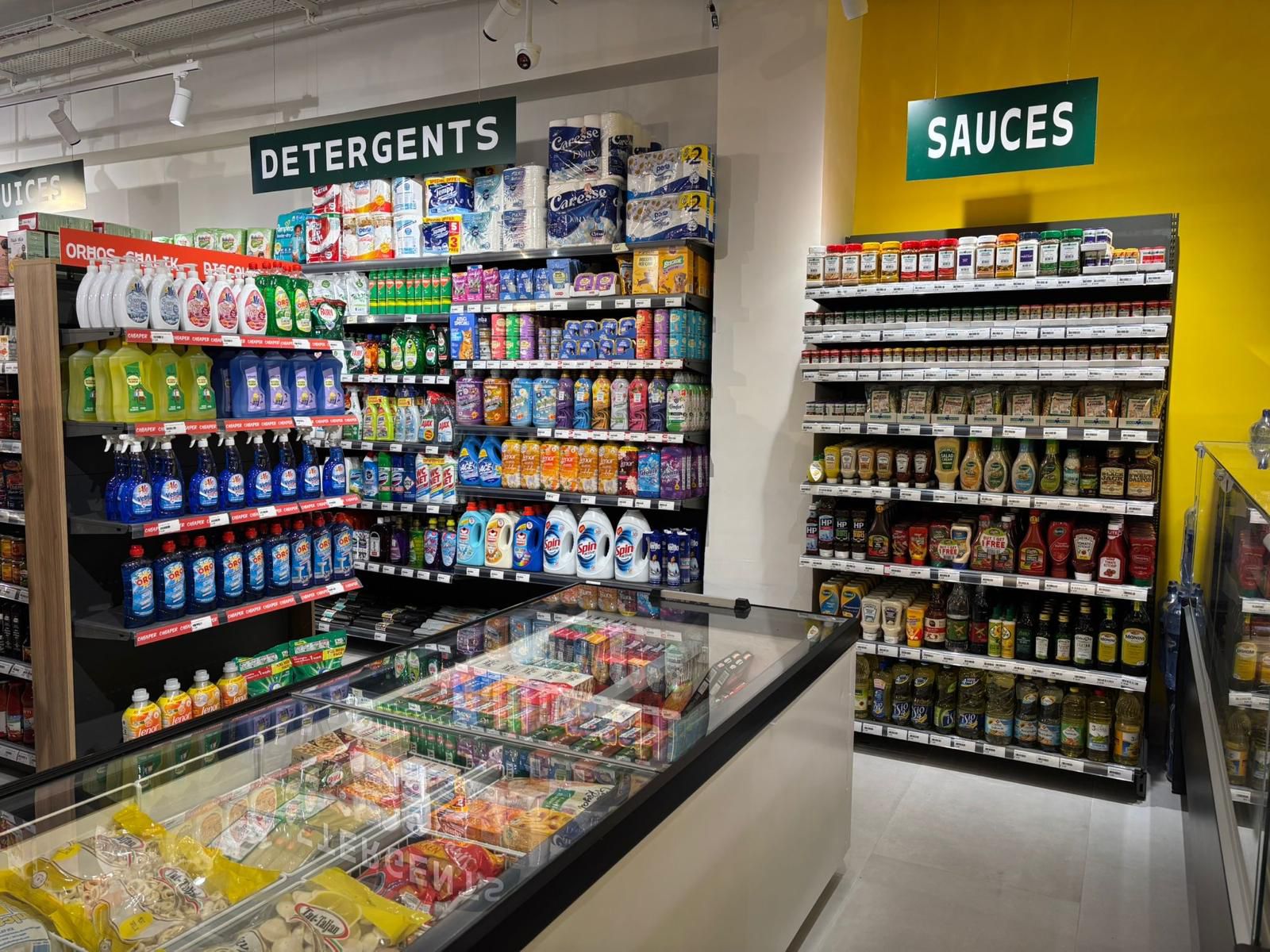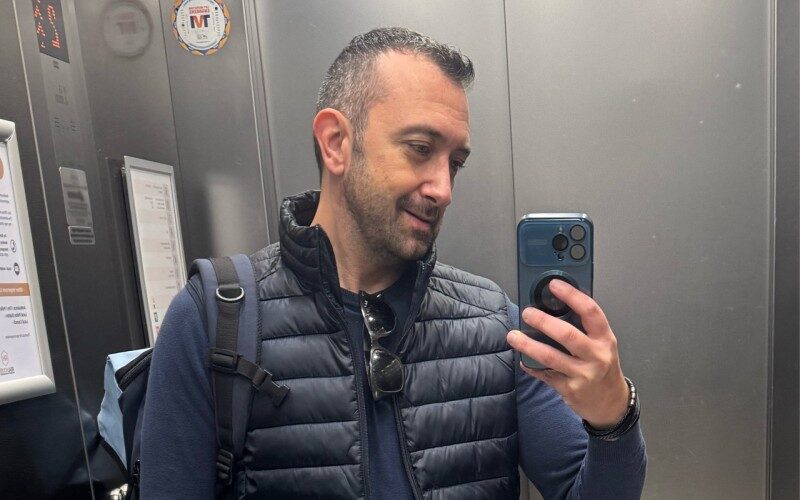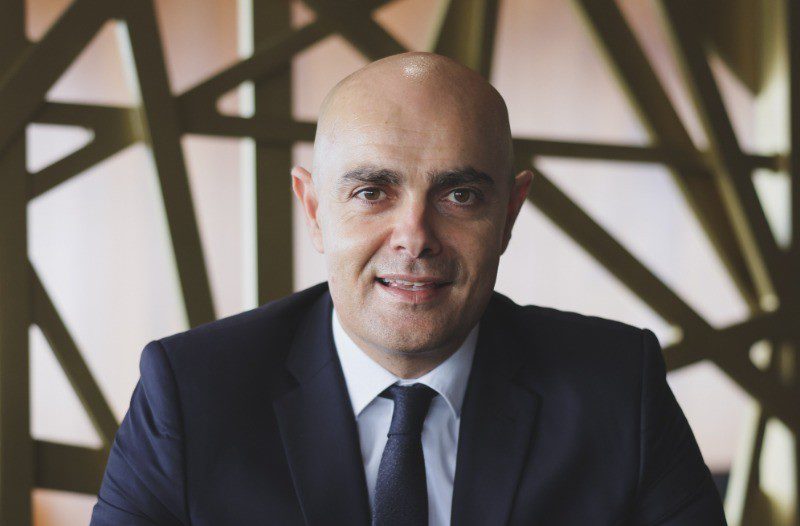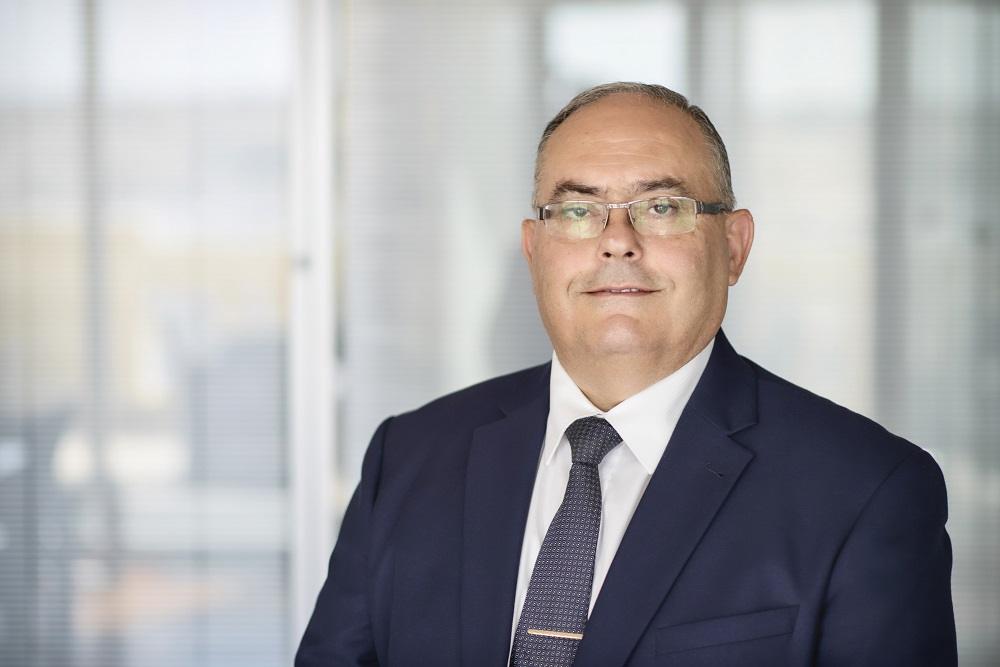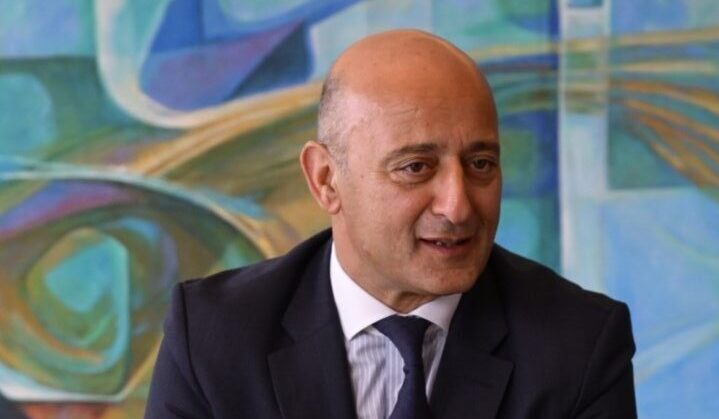eCabs CEO Andrew Bezzina on Thursday highlighted the need for Malta to have a transport authority fully dedicated to land transport, rather than one that also caters to maritime and aviation.
Malta’s traffic situation has persisted for several years, as motorists have been forced to endure slow-moving and standstill gridlock on a regular basis. A number of initiatives have been put in place to encourage alternate modes of travel, including incentivising public transport, and huge amounts of funds have been put towards revitalising the country’s road network. However, the problematic situation has persisted, with mounting concerns about road safety and travel times.
As part of an opinion piece published on the Times of Malta, Mr Bezzina acknowledged that in order to “unclog our roads”, Transport Malta (TM) first needs to be “disentangled”. This means removing land transport from TM to instead set up a new dedicated roads regulator, a decision that he described would be a “significant step towards tackling one of the biggest obstacles the country faces today: traffic”.

However, he added that this is not a new idea, as it was put forward by Government a few years ago. Then Minister for Transport, Infrastructure and Capital Projects Ian Borg had announced plans to split the authority in three separate regulators, one each for sea, land and air transport, with the promise of increased efficiency. Chief Justice Emeritus Joseph Azzopardi had even been appointed to lead the working group to manage the change.
Despite this, almost two years and a cabinet reshuffle later, Mr Bezzina noted that “little has been heard about this”, with the plug seemingly being quietly pulled.
“To be fair, transport policymakers face a nightmarish scenario: thickening population density, insufficient infrastructure and a disappointing uptake of transport alternatives, all of which push people to stick with their private car, adding more and more vehicles to an overstretched network,” he explained.
However, he remarked that if other cities and dense urban areas across the globe have fostered functional transport systems, then Malta should be able to follow suit.
A number of proposals have been put forward by business leaders over recent months about possible ways to curb Malta’s traffic issues, such as underground pathways dedicated to pedestrians and also the introduction of on-street parking fees. Despite the calls from the public, none of these measures have been put in place.
Mr Bezzina added that a significant amount of responsibility rests on individual drivers, yet TM also plays a “central role” in this.
“There are compelling arguments for unravelling the intricate web of transport regulation and establishing an independent transport authority that can prioritise, specialise and catalyse Malta’s land transport system to its fullest potential,” he continued.
He acknowledged that the maritime and aviation sectors deserve dedicated attention as well, since they are important economic sectors within themselves. Yet he also pointed out that there is “no reason why these two sectors should not also have their regulatory reference point that is separate from road transport”.
Additionally, Mr Bezzina noted that TM has “never had a Chief Executive who is an expert in land transport”, as it has always been led by someone from either the maritime sector or the aviation sector. Current CEO Jonathan Borg hails from the maritime sector, with more than 30 years of experience in the area.
“A dedicated land transport authority would not only navigate the maze of road safety, licensing and traffic management, but also proactively address the evolving needs of public transportation, emerging tech solutions and infrastructure development,” Mr Bezzina explained. He added that such a dedicated authority would enable “greater synergy” with Infrastructure Malta on the projects needed.
“In summary, the one-stop-shop of land, sea and air transport has become entangled in the complex dynamics of managing diverse transport sectors,” he said.
This has resulted in “diluted focus and compromised effectiveness”, despite the “hard work of some truly dedicated TM officials”. He added that such a split would “untether the road transport sector”, bringing about more streamlined decision-making, resource allocation, and policy implementation. This “newfound agility” could push for more safety and a reduction of congestion in Malta’s roads.
Mr Bezzina also noted that as technology continues to advance rapidly, a regulator with a “clear mandate and unambiguous responsibility that really gets tech is also sorely needed”. While he acknowledged that Government took the decision some years ago to address Malta’s infrastructural deficit, economic and population growth, together with more construction and traffic density, “all swelled in tandem”.
As a result, a staggering amount of funds were dedicated towards upgrading Malta’s road network, with many debating whether new roads and flyovers could actually reduce traffic congestion.
“Now that the asphalt has been set, it is clear that this infrastructural upgrade was in fact needed. But it is also apparent that wider and smoother carriageways and new tunnels were never going to address the reasons our transport system is failing,” Mr Bezzina concluded.
‘Truck driver shortage has now become a national issue’ – ATTO Chairman Joseph Bugeja
The issue mirrors a global trend.
AI trading bots ‘a real existential threat’ for mass market manipulation – Kenneth Farrugia
Speaking to MaltaCEOs, Kenneth Farrugia calls for enhanced monitoring of trading patterns
How does becoming a parent impact your work? Malta’s business leaders open up
Their words are a reminder that growth isn’t always about acceleration. Sometimes, it’s about stillness, presence, and embracing a new ...
Common challenges of large-group web conferencing and how to overcome them
Turn virtual meetings into powerful moments of alignment, learning, and connection.



